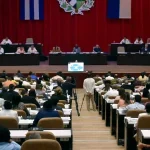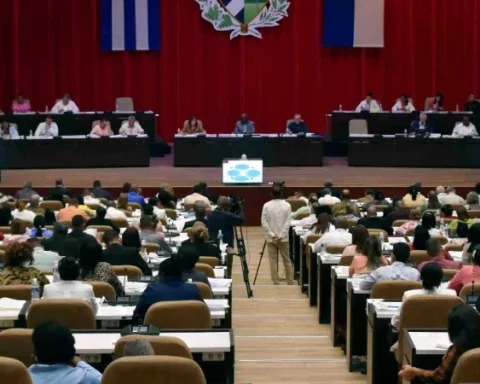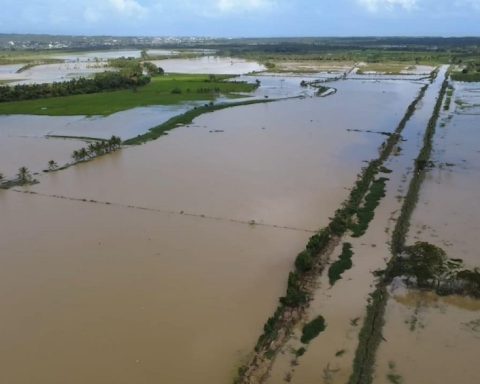Coordinating public works requires suitability and political commitment
A city is a shared space. This seems like a truism, becomes dogma in those cities where it is customary to coordinate plans for the expansion, updating and improvement of public services. In Asunción and its suburbs, it is nothing more than an irrelevant observation.
There is no way for those who install pipes or lay all kinds of aerial networks to agree to work in an organized manner and avoid the waste of resources that occurs when one paves the street and another breaks it to bury something.
We are not going to fall into the simplicity of saying that programming, scheduling and coordinating works of
infrastructure in a city is an easy thing, because it is not. That is why there are serious people at the head of serious cities, who have studied methods and organization for public management.
In Asunción there are three historical antagonists who wage their battles in the streets of the city: ESSAP, ANDE and the Municipality. The water carrier has to renew its distribution pipes, much of which comes from the early days of its predecessor Corposana. Bringing more water to its destination, in better conditions and with a greater number of users, lies in the vision, mission, etc.
But the truth is that the water network is like Penelope’s fabric. When they finish renovating one sector, another collapses. And not to mention the sewage network, which is becoming increasingly obsolete to the extent that larger and taller office and apartment towers continue to be built.
The coverage deficit is increasing at the same rate that the city abandons its provincial profile and enters, at least in private initiative, the world of highly competitive real estate.
None of these areas, water, sewage, storm drains, pavement and underground electrical networks, will be able to achieve satisfactory coverage if there is no coordination between the entities that manage them. But that will be achieved when competent, trained people are at the head of the municipalities and public entities, who privilege service to the citizenry over the miseries and pettiness of low politics.
A greater objective that, however, remains submerged in the fog of fanaticism, ineptitude and greed of true predators embedded in public positions for which they completely lack the capacity.
And there are no signs that this is going to change any time soon.


















